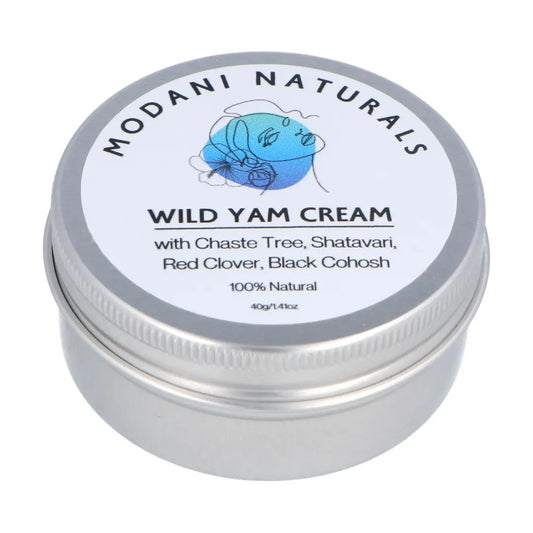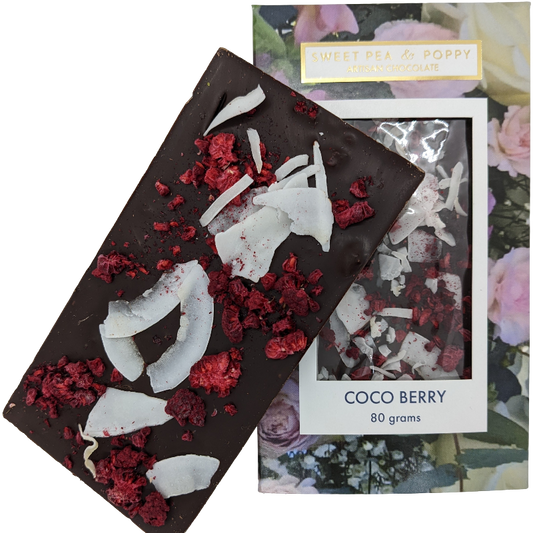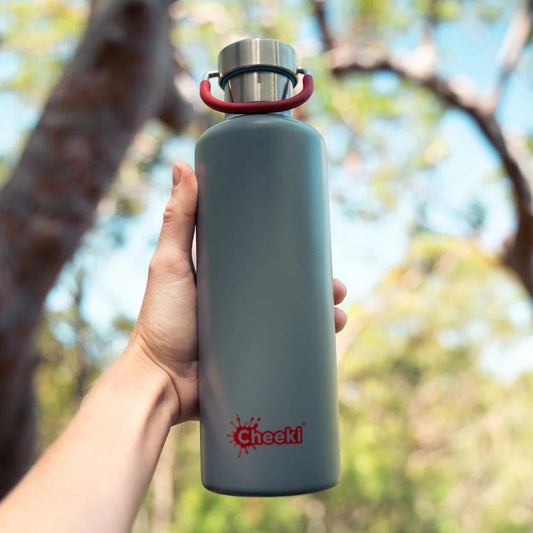As those of us in the Southern Hemisphere shift ever closer to the deliciously long, languid days of summer, we start dreaming more and more of sunny days spent outside. Our Biome blogger, Tracey Sargent has taken the plunge and switched to natural eco sunscreen to help her enjoy our Australian sun. Read on to hear how she found it. If you have similar stories to share with the Biome community, we would love to hear them. Go to the
Green Living Guide and contact Tracey (our Director) to get involved.
Protecting your skin naturally
While time in the sun goes hand in hand with protecting your skin with sunscreen, have you ever wondered about the ingredients your sunscreen contains? In particular, what chemicals you may unknowingly be absorbing into your skin. Given the amount of sunscreen we slather ourselves with during summer, it's timely to take a closer look at what's what in the world of sunscreen.
Basically there are two main types of sunscreen -
natural eco sunscreens which contain physical UV filters like zinc oxide, and chemical sunscreens which contain chemical UV filters like Octocrylene.
Natural sunscreens work by blocking UV light, reflecting it away from the skin. Chemical sunscreens work by absorbing UV light, thereby preventing the light from being absorbed by the skin. Natural eco sunscreens are thought to carry less risk because they are not absorbed into the skin, but this means they often have a heavier formulation. On the other hand, chemical sunscreens are generally easier to apply, but it's not yet clear whether long-term use of chemical sunscreens has any harmful side effects.
As a chemical sunscreen user, I thought the best way to assess the features of a natural sunscreen would be to put one to the test. With a wide range of eco sunscreens currently available, selecting just one representative was difficult. Basing my decision mostly on aesthetics and value for money, I eventually decided to try the
Wotnot Suncreen 30+ SPF Natural Protection. It comes in a practical tube size (150g), so it's easy to pop in my bag when I'm out and about, with a user friendly flip top lid.

After trialling the product for a week or so, I can confirm that similar to the chemical sunscreens I'd previously used, the Wotnot Sunscreen 30+ SPF Natural Protection did a great job protecting my skin from sunburn. But as with any scientific experiment, there's a lot more information to analyse than just the base performance.

So let's take a closer look at the other features of the Wotnot Sunscreen 30+ SPF Natural Protection. It has a noticeably thick formulation, and yet it softens to the touch - spreading quite easily on the skin. In contrast with the chemical sunscreens I normally use, this one felt like it was moisturising my skin at the same time as offering sun protection (bonus!). It has a pleasing natural fragrance, but does leave the skin with a slightly shiny, dewy appearance. Other useful information from the label:
- Broad Spectrum UV-A and UV-B protection
- Not water resistant
- Active ingredient: Zinc Oxide
- Other ingredients: Grapeseed oil, safflower oil, sesame oil, candellila wax, beeswax-white, shea butter, gmo-free vitamin e, purified water, certified organic aloe vera, and silica
- Preservative: Naticide (natural)
- Country of Origin: Australia
The Verdict
As someone with combination-oily skin, I do tend to shy away from gloss finish products. However in this case the soft, moisturising texture of the Wotnot sunscreen simply felt better when spread on my skin. I also really like being able to read (and understand) the ingredient list, and it's especially good when those ingredients are of natural origin. While many sunscreens are silent on the animal testing front, this was a proud feature of the Wotnot Sunscreen 30+ SPF Natural Protection; yet another reason to hold it in high esteem.
So, now it's over to you. Did I interest you in trying out an eco sunscreen? Or perhaps you already use (and love) a different natural product? Please let me know your thoughts by leaving a comment below.
Further Reading:
Under Protection? - https://www.choice.com.au/health-and-body/beauty-and-personal-care/skin-care-and-cosmetics/buying-guides/sunscreen

 So let's take a closer look at the other features of the Wotnot Sunscreen 30+ SPF Natural Protection. It has a noticeably thick formulation, and yet it softens to the touch - spreading quite easily on the skin. In contrast with the chemical sunscreens I normally use, this one felt like it was moisturising my skin at the same time as offering sun protection (bonus!). It has a pleasing natural fragrance, but does leave the skin with a slightly shiny, dewy appearance. Other useful information from the label:
So let's take a closer look at the other features of the Wotnot Sunscreen 30+ SPF Natural Protection. It has a noticeably thick formulation, and yet it softens to the touch - spreading quite easily on the skin. In contrast with the chemical sunscreens I normally use, this one felt like it was moisturising my skin at the same time as offering sun protection (bonus!). It has a pleasing natural fragrance, but does leave the skin with a slightly shiny, dewy appearance. Other useful information from the label:


































